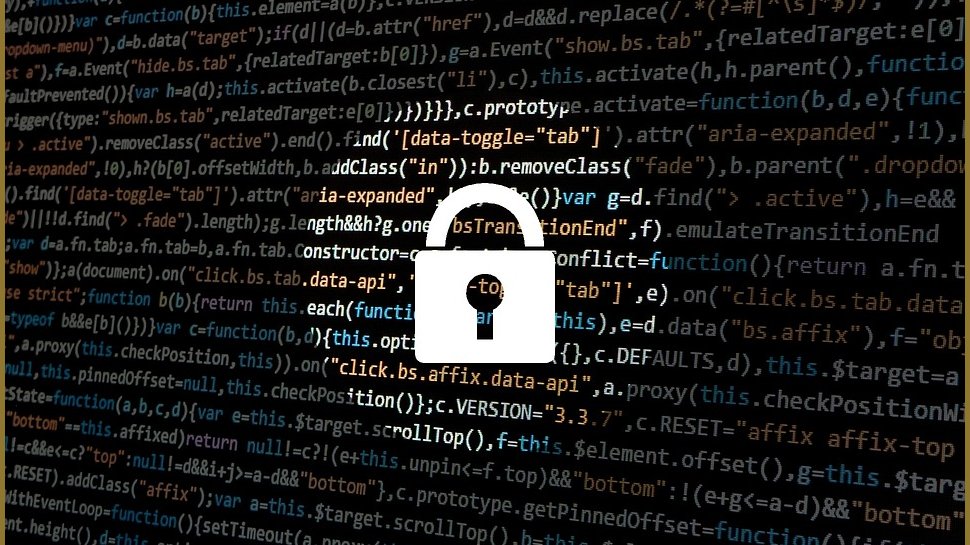When you purchase through links on our site, we may earn an affiliate commission.Heres how it works.
But this landscape has become a breeding ground for escalatingcybersecuritythreats.
By November 2023, nearly 6 billion cyber incidents had been recorded.

As businesses navigate this perilous digital terrain, the need for robust cybersecurity measures has reached an all-time high.
Often overlooked, DNS is one of the linchpins in the intricate web of onlinesecurity.
Any disruption in the DNS lookup process can have cascading effects on the entire online experience.
It is here, that the significance of DNS in cybersecurity becomes quickly apparent.
One common method is DNS Spoofing or DNS Cache Poisoning.
DNS records that dont take advantage of DNSSEC to ensure record integrity are susceptible to this kind of attack.
Another way DNS can be exploited is through amplification attacks.
The response, which can be much larger than the original request, is sent to the unexpecting victim.
Attackers send many of these spoofed requests resulting in a large flood of amplified responses towards the victim.
Moreover, the impact of DNS extends beyond the realm of cybersecurity, and can impact user experience.
Equally, if not more important, is the emphasis on security.
In addition to performance and security, enterprises must prioritize reliability.
This should be backed by availability SLAs.
This also ensures that the provider can withstand any attempted DDoS attack.
We’ve featured the best encryption software.
The views expressed here are those of the author and are not necessarily those of TechRadarPro or Future plc.
If you are interested in contributing find out more here:https://www.techradar.com/news/submit-your-story-to-techradar-pro